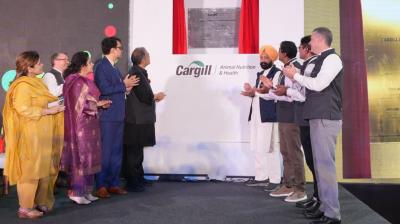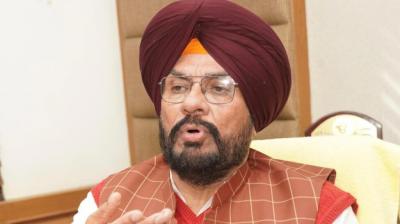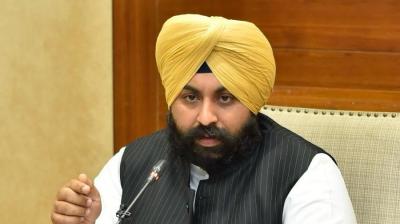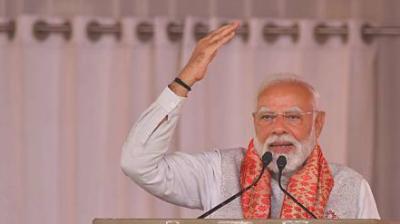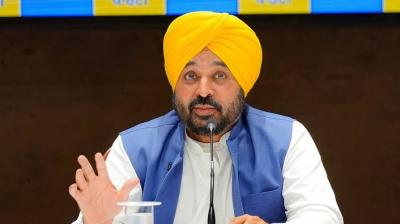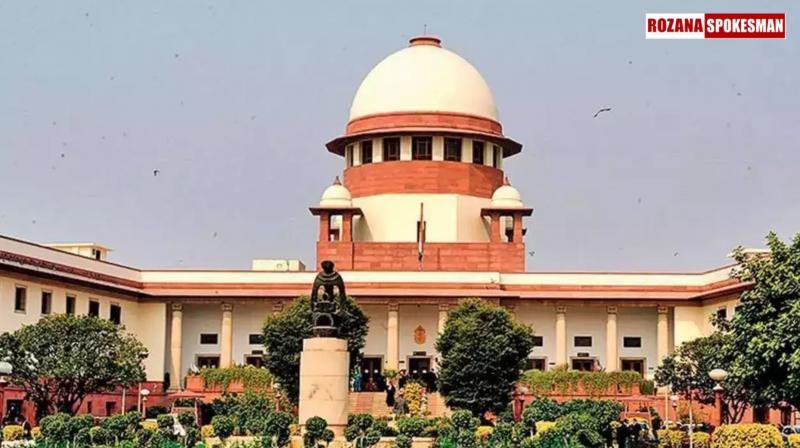
A bench comprising Justices Vikram Nath and PB Varale heard the matter and rejected the petition.
The Supreme Court of India on Tuesday dismissed a Public Interest Litigation (PIL) seeking the reintroduction of the paper ballot voting system in the country. The plea, filed by evangelist KA Paul, called for a shift away from Electronic Voting Machines (EVMs), citing concerns over potential tampering.
A bench comprising Justices Vikram Nath and PB Varale heard the matter and rejected the petition. During the proceedings, the petitioner argued that prominent leaders like Chandrababu Naidu and YS Jagan Mohan Reddy had raised doubts about the integrity of EVMs, alleging tampering when election results didn’t favor them.
Responding to this claim, the bench remarked, “When Chandrababu Naidu or Mr. Reddy lose, they say EVMs are tampered. But when they win, they don’t raise these concerns. How do we view this? This is not the platform for such arguments.”
KA Paul also pointed to the practices in countries like the United States, which primarily use paper ballots, and suggested that India should adopt a similar system. He further stated that EVMs pose a potential threat to democracy, referencing concerns raised by global figures, including Elon Musk, about the reliability of electronic voting systems.
Apart from advocating for paper ballots, the petitioner also sought the court’s intervention to direct the Election Commission to take stringent measures against candidates found guilty of offering inducements, such as money or liquor, during elections. He proposed that such candidates should be disqualified for a minimum of five years.
The Supreme Court, however, dismissed the plea, emphasizing that the judiciary cannot entertain unfounded arguments about EVMs without substantive evidence. The bench concluded that the allegations and the demand for a return to paper ballots lacked sufficient merit to warrant consideration.
This decision reinforces the continued reliance on EVMs, a system the Election Commission has defended as secure and efficient in conducting elections in the world’s largest democracy.



